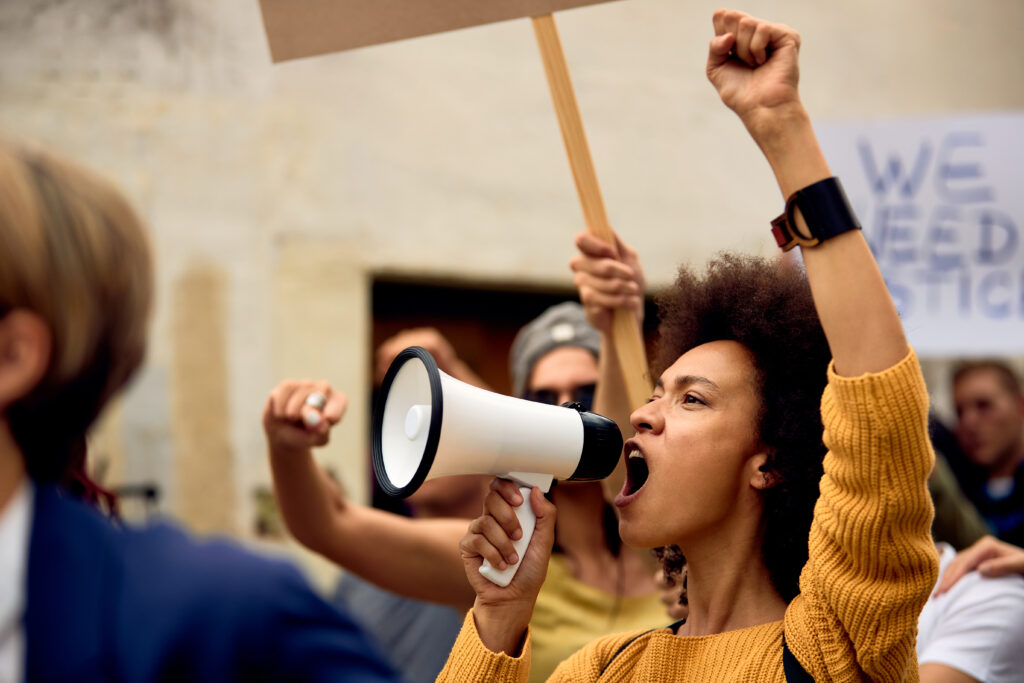As we all know, Comic Relief is a light-hearted way of tackling serious issues. Part of the light hearted side of Comic Relief is the comedy sketches that often parody well known TV programmes. They hold the TV audience’s attention and offer light relief that is intended to make people stick with the programme and ultimately donate more and more money. In this activity, the children get to do their own comedy sketch and present it then work together on producing a play for the class. You can also use them as part of your Red Nose Day
celebrations and fundraising.
Activity One – Comedy
Year 4 to Year 6
This activity gets children to identify some the main genres of comedy and practise them in readiness for producing a comedy script.
LO: To identify the main types of comedy and why they are funny
To be able to write examples of their own following the style of the genres identified.
Talking Point: Ask the children which TV programmes they find very funny. List them on the board. Ask them to tell you what it is in the programme that is funny and categorise the humour into slapstick, stand-up, jokes, parody, visual and any others that are mentioned. Discuss each one and why they make us laugh. Can the children give an example of their favourite scene/joke from the programmes mentioned? It can also be a good time to include a PSHE mention against swearing by identifying that some comedy programmes rely on bad language to be funny but that really it isn’t.
Activity: Ask the children to choose one of the genres of comedy you have discussed and to imagine that they are going to have to make a group of people laugh. How would they do it?
Working in small groups, get them to plan a thirty second scenario where they can present their humour and when all have finished, present them to the class. After each one, ask the rest of the class to award two ‘stars’ and one ‘wish’ for good points and areas that they think need improvement.
Activity Two – Scriptwriting
LO: Be able to identify the ingredients for humorous writing
Write a script following the rules for layout, dialogue, stage directions etc.
Talking Point: Parody is one of the commonest forms of comedy and is regularly used in Comic Relief. Let the children watch videos from previous Red Nose Days e.g. http://www.youtube.com/watch?v=GkggK8DWpYo and ask them to say why they are funny. You are looking for answers that suggest they are based on situations that are familiar and that they exaggerate the personalities and actions of the characters involved.
Get the children to work in groups and choose a situation or a favourite television programme that’s not already a comedy. Ask them to write down brief ideas of how it could be parodied.
Talking Point: Discuss the ideas to decide on one that you’ll use as a class, retaining good ideas from the group/s that suggested it and asking the class to identify what distinguishes the characters from each other and how these characteristics could be exaggerated to become a parody. If possible, choose and watch a scene from the television program and write a brief outline of the scene.
Use this as a template for a whole class writing of a comedy script using parody. Depending on the situation, you may even be able to do a parody of the staffroom in school but again, sensitivity might be required!
You could work together on producing the performance for Red Nose Day and sell tickets to parents and friends.


